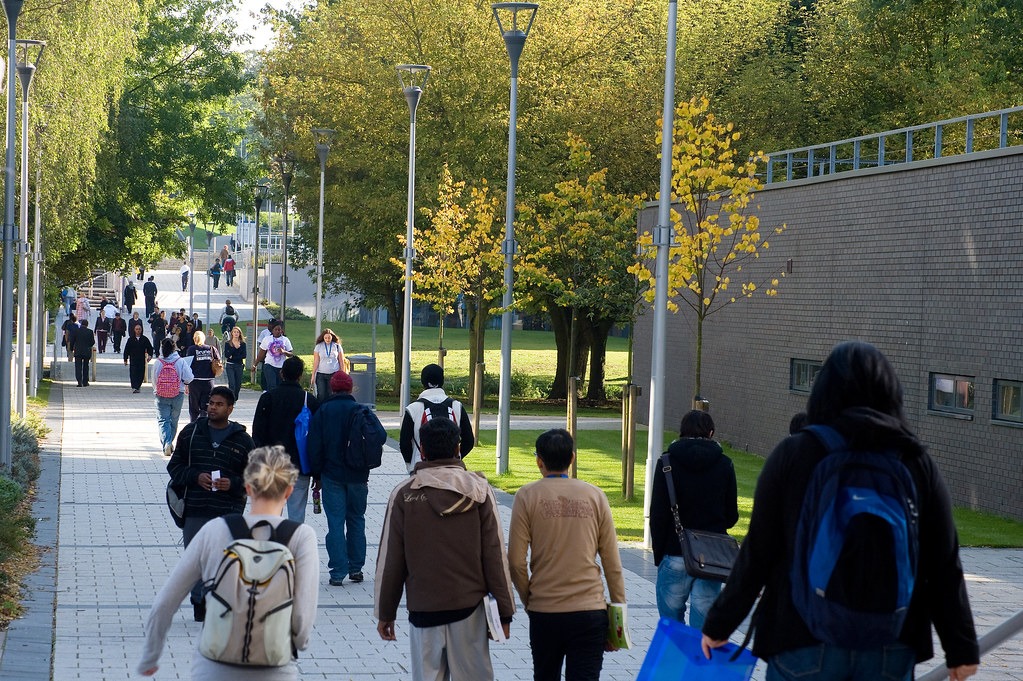Student university complaints hit record levels
Students in England and Wales made record number of complaints against their universities last year.
According to the annual report from the Office of the Independent Adjudicator, students were particularly concerned that online learning was of lower quality than in-person classes.
Felicity Mitchell of the OIA said: “2020 was an exceptionally challenging year for everyone who studies or works in higher education.”
Students also reported frustration with lecturers on strike, and the adjudicator saw a rise in complaints of sexual harassment.
In one instance, a university was told to pay £5,000 compensation to a student who complained about harassment by their dissertation supervisor and a lack of transparency in the subsequent investigation.
The report showed the OIA received 2,604 complaints in 2020 – a 10% increase on 2019.
The OIA is the final arbiter for student complaints and determines whether tuition fees should be refunded. It ruled in favour of the student in a quarter of these cases – more often than in previous years – and recommended financial remedies totalling £742,132.
The killer point for many complaints will be their assessment of whether what was provided matched what students reasonably expected and was broadly equivalent to usual arrangements.
– Smita Jamdar, education partner at Shakespeare Martineau
43% of the complaints concerned service issues, including facilities, teaching time, and academic supervision. These complaints also encompassed disruptions caused by COVID-19, which accounted for 12% of the total complaints by itself.
According to the report, a high proportion of Covid-related complaints came from international students in 2020, but that this pattern has not been replicated thus far in 2021.
Some of the examples given by the OIA in March were seen as indicating that it would offer students refunds for disruption linked to the Covid pandemic.
Smita Jamdar, education partner at law firm Shakespeare Martineau, said: “The killer point for many complaints will be their assessment of whether what was provided matched what students reasonably expected and was broadly equivalent to usual arrangements.”
“The OIA may conclude that in many cases this was not the case, even though the reasons for it may be pretty obvious given the pandemic.”
The proportion of complaints about academic appeals, such as issues with marking and final degree results, dropped from 48% in 2019 to 33% in 2020.
The students most likely to complain to the OIA were thus studying business and administrative studies, social studies, and subjects allied to medicine.

Comments